How To Deal With An Oil Tank Spill At Home
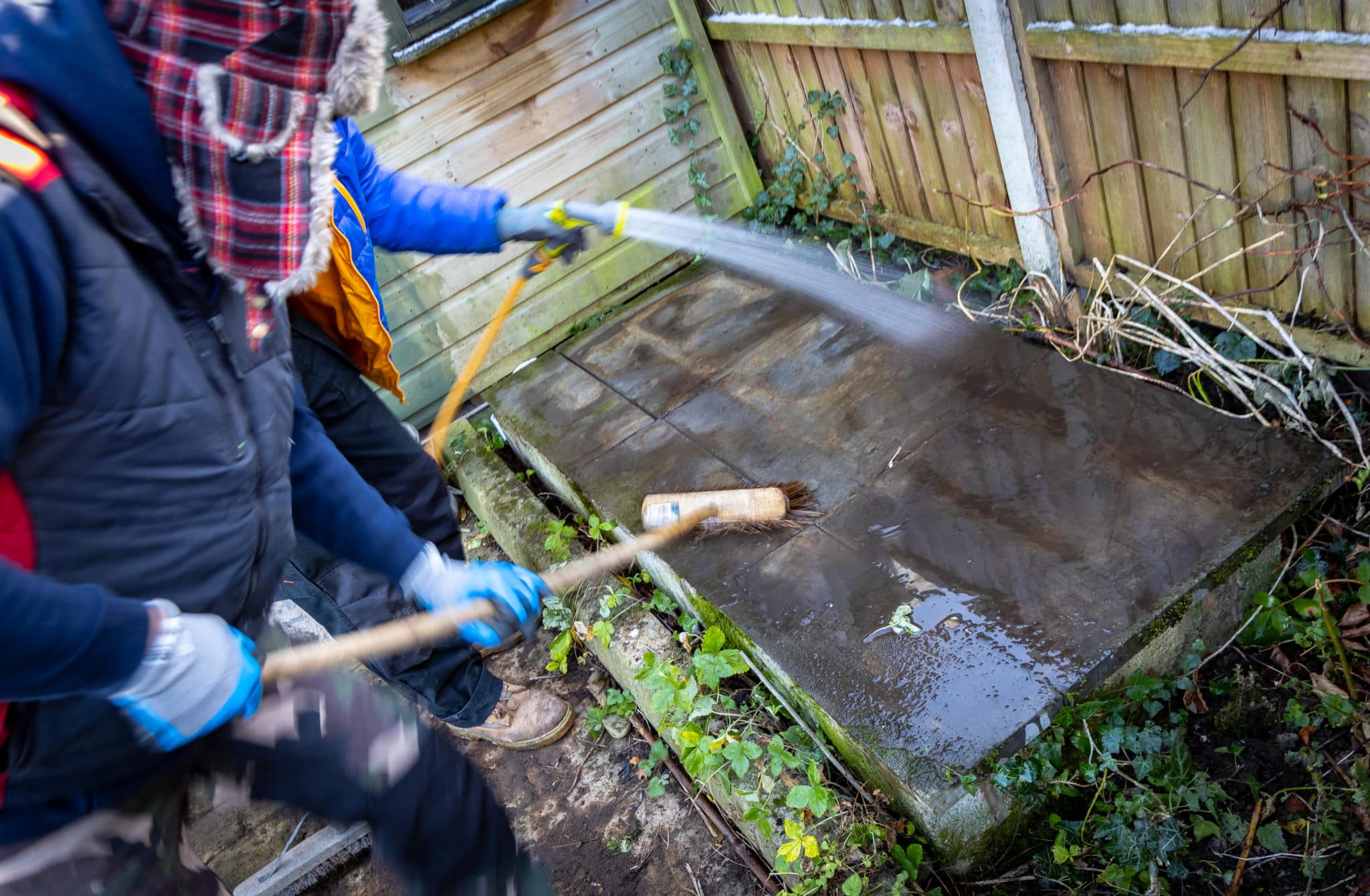
Domestic oil spills can be extremely dangerous and cause numerous health, environmental and financial problems. As a domestic oil tank owner, it’s your responsibility to maintain the condition of your tank, as well as resolve and repair any oil leaks.
The initial implication of an oil tank spill at home is the damage caused to the environment and wildlife. As well as the impact it can have on your family’s health and home’s heating supply. If not cleaned up quickly, efficiently and correctly, the damage your oil spill does could be detrimental to all of the aforementioned areas. Not to mention the stress of resolving the spillage and expenditure on emergency fixes and oil deliveries.
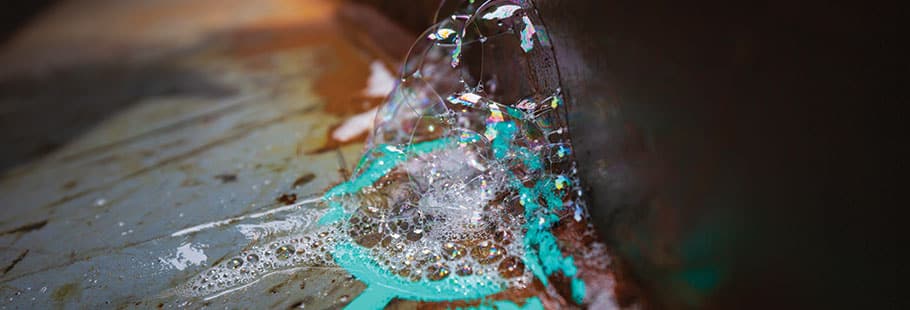
If you suspect your oil tank is leaking, key signs tend to include a strong smell of oil, damage to your tank, or oil on the ground’s surface. If you have an oil leak, you’ll need to act quickly to reduce any further damage.
How To Deal With An Oil Tank Spill At Home
-
Clear the area
Remove any children, pets and anyone who doesn’t need to be in the area
-
Cut the supply
Switch off your oil supply tank
-
Find the leak
Locate where the leak is coming from
-
Stop the source
Try to stop it at the source and place a bucket underneath the leak
-
Prevent the spread
Prevent spilt oil from spreading with absorbent materials like sand, earth or cat litter
-
How much has been lost
Establish how much oil has been lost
-
Dispose of oil-soaked items
Store any oil-soaked items in a container and dispose of them correctly
-
Contact SEPA and your local authority if oil has or could enter drains or waterways
-
Drain the remaining fuel
Have any remaining fuel removed by a fuel supplier
-
Contact your insurance
Contact your insurance and advise them of any damage
-
Keep a record
Keep a record of what you’ve done

Did You Know
All domestic oil tanks must have a sticker in a clear, easy-to-access position on your tank that clearly illustrates how to safely look after your oil and what to do if you have a spill. Your oil tank installer will do this when installing the new tank but it’s your responsibility to check.
How To Prevent Domestic Oil Spills
The most important step after an oil spill is putting things into place to prevent it from happening again. Here are our top tips to avoid oil spills:
Install A Bunded Oil Tank
These are built with a second inner layer which offers extra protection and can help reduce your insurance.
Move Your Oil Tank
Make sure your oil tank is at least 10m away from any water sources and 50m from a borehole.
Know Your Pipes
Awareness of where your pipes run will avoid damage if you have garden or property work done.
Oil Tank Maintenance
Regular checks will allow you to spot any cracks, bulges or signs of weaknesses which could lead to leaks.
Book A Yearly Service
It’s recommended to have an annual check of your tank by a qualified engineer, to ensure the health of your tank and oil inside.
We’re Here To Help
If you need support dealing with a domestic oil leak or suspect your oil tank may be at risk of a leak, get in touch with our team to organise a visit from one of our engineers.
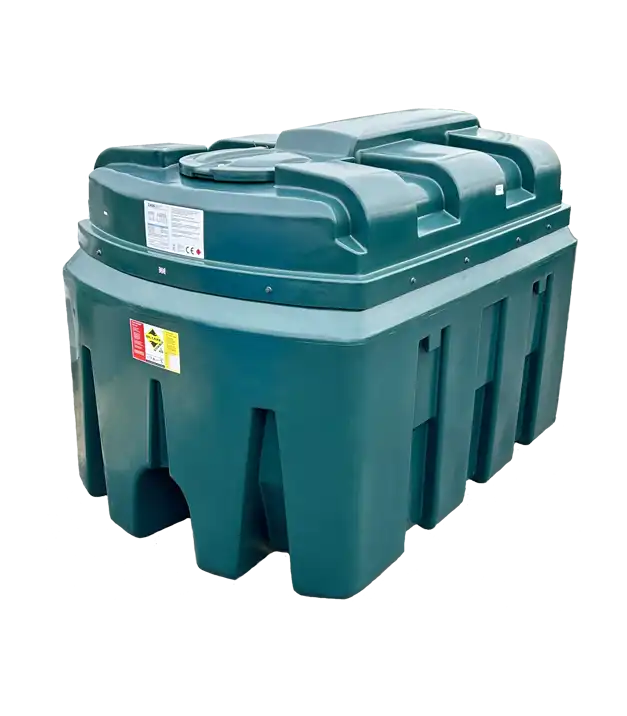
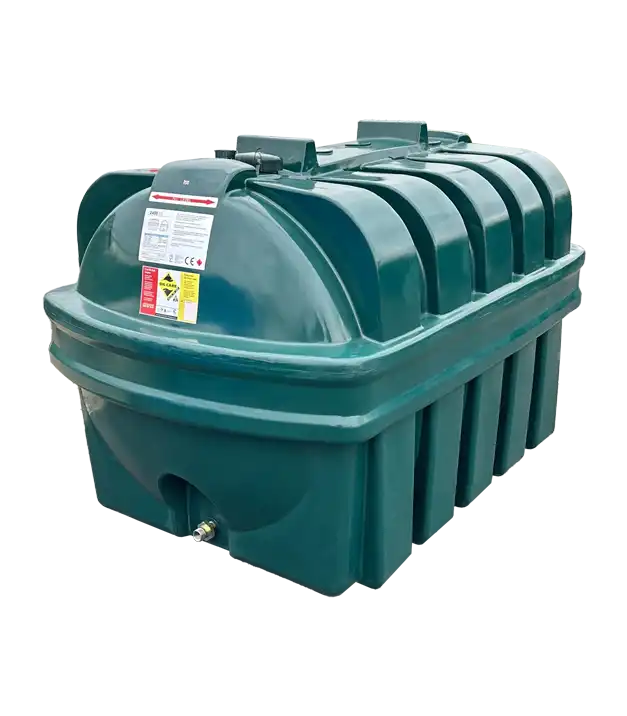
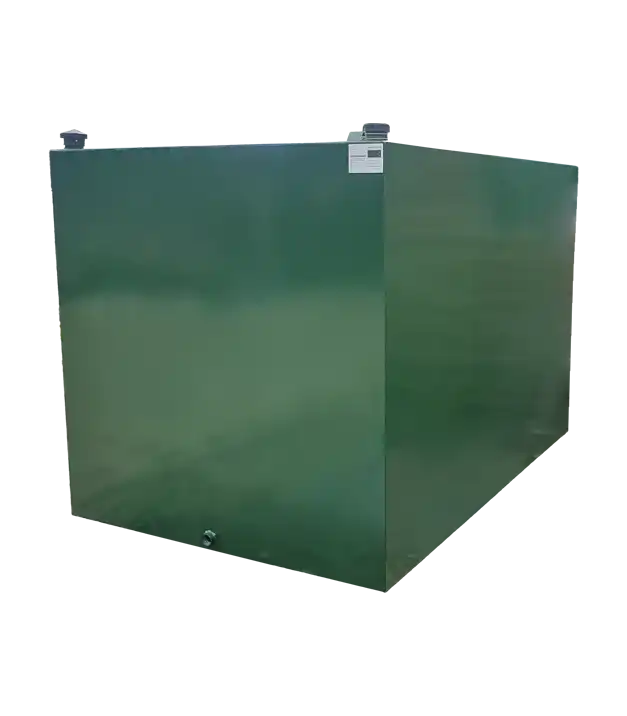
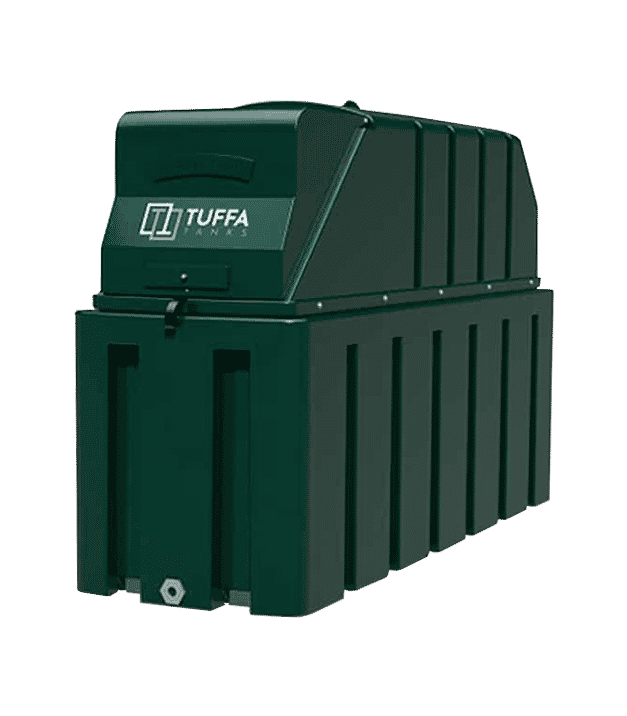
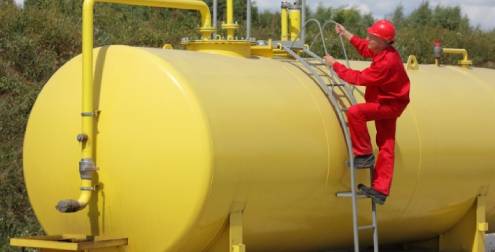
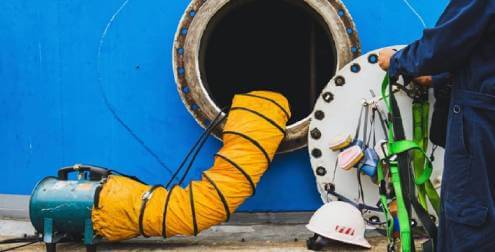
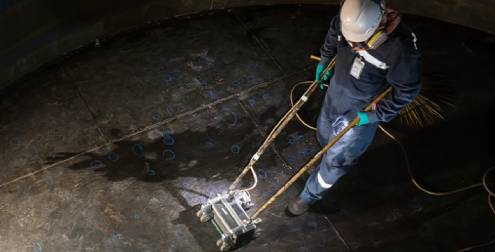
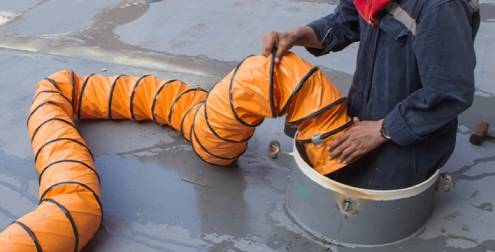
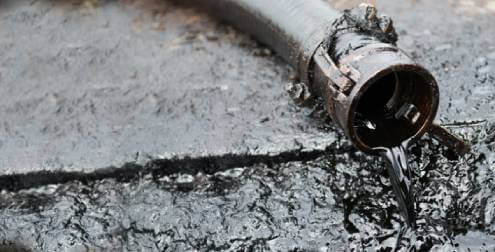
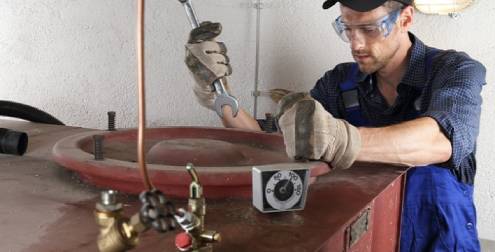

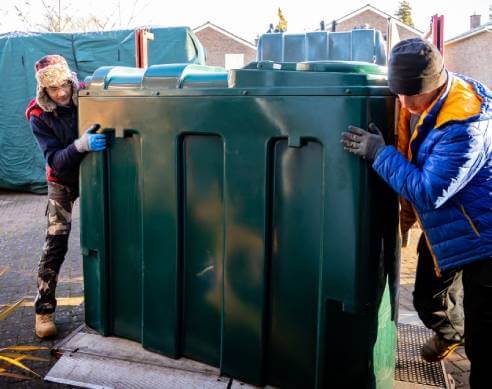
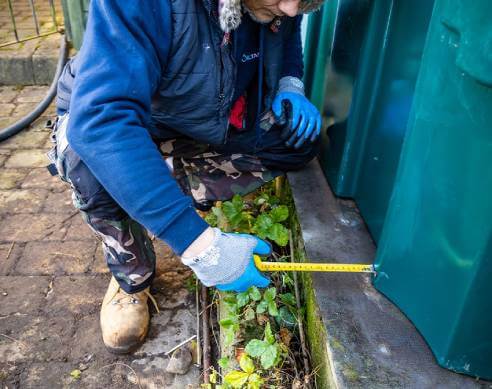


Share This: